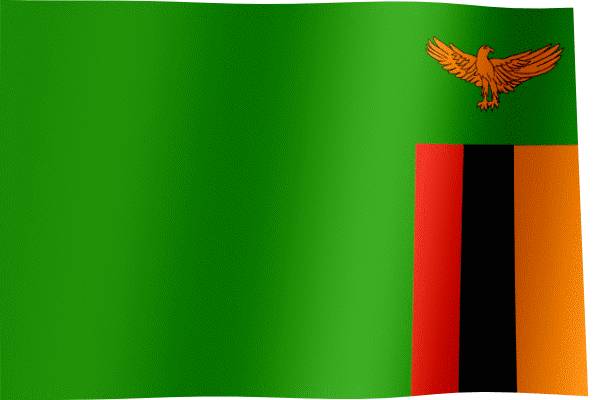Zambian Government has explored the possibility of sharing the expertise and experiences of the Sri Lankan military which had been able todefeat the world's most ruthless terrorist organization, the LTTE on 18 May 2009.
Visiting Zambian Army Chief Lt. Gen. W.M Sikazwe sought the assistance of Sri Lanka army towards exchanging experiences and know how in combating terrorism and restoring peace when he called on Defence Secretary Maj. Gen. (Retd) Kamal Gunaratne in Colombo yesterday Tuesday 25.
He expressed the belief that the existing Sri Lanka –Zambia military relationship will be further strengthened following the assurance given by the Sri Lanka army to support Zambian Army.
Zambian military would be greatly benefited by the Sri Lankan military’s innovative asymmetric warfare tactics”, the visiting Army Chief said.
In response, the Secretary Defence informed Lt. Gen. Sikazwe of the intension of offering training to Zambian Special Forces by providing Sri Lankan Special Forces expertise on ‘Long Range Reconnaissance Patrol (LRRP) ’and the specialized module on ‘Survival, Escape, Evasion and Combat Tracking’.
At present, six Officer Cadets and one officer in the rank of Major from the Zambian Army are undergoing training at Sri Lankan military institutions including the Kotelawala Defence University.
Maj.Gen.Gunaratne said the Defense Ministry was willing to facilitate if the Zambian Army required a team of Sri Lankan military instructors to conduct sessions at their staff colleges.
Lt. Gen. Sikazwe is on a five day visit to the island since 21 February with a Zambian Army delegation.
Defence Secretary Maj. Gen. (Retd) Kamal Gunaratne told the visiting Zambian army chief although the Sri Lankan military had completely defeated LTTE terrorism militarily 10-years ago, the challenge of defeating its separatist ideology is still remained .
Maj. Gen. Gunaratne also highlighted the lasting relationship between the two nations which dates back to the heydays of the Non-Alignment Movement (NAM).
(LI)

